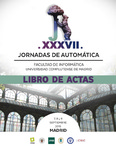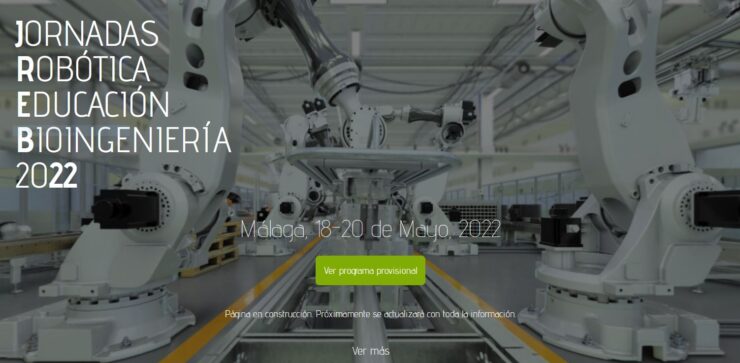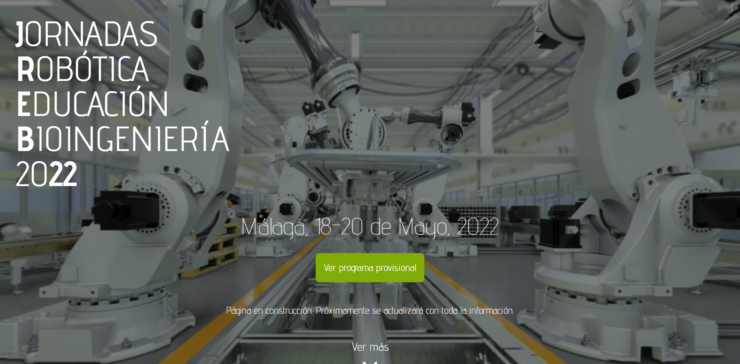Logiblock es un proyecto que bajo la coordinación de la Universitat Politécnica de València (UPV), a través de su Centro de Investigación en Gestión e Ingeniería de Producción CIGIP y el Instituto de Automática e Informática Industrial Ai2.
En el mismo también participan dos empresas, Exos Solutions S.L. y Robotnik, junto con dos centros tecnológicos, el Instituto de Tecnología Cerámica (ITC-AICE) y el Instituto Tecnológico Metalmecánico, Mueble, Madera, Embalaje y Afines (AIDIMME).
Este consorcio está desarrollando la plataforma LogiBlock, cuyo objetivo principal es facilitar el despliegue, planificación, gestión y supervisión de flotas de robots móviles y manipuladores móviles o portátiles en pequeñas y medianas empresas, para que ejecuten tareas logísticas en entornos industriales.
De este modo, LogiBlock hará posible que los vehículos autónomos y robots colaborativos ejecuten tareas en la logística interna de las pymes, favoreciendo la automatización y eficiencia de procesos.
Logiblock se desarrolla gracias a la financiación de la Agencia Valenciana de Innovación (AVI) con la cofinanciación de la Unión Europea a través del Programa Operativo del Fondo Europeo de Desarrollo Regional (FEDER) de la Comunitat Valenciana 2014-2020.

Como en años anteriores se ha abierto el plazo para la presentación de propuestas al Premio GTRob a la mejor tesis doctoral en 2021 a nivel nacional en el área de Robótica (edición 2022) patrocinada por Robotnik La información relativa a dicho premio es la siguiente: Requisitos Los candidatos y las candidatas al premio […]
Seguimos aumentando el contenido del repositorio de las actas de las Jornadas de Automatica Ya se puede acceder a las actas de las XXXVII Jornadas de Automática (2016-Madrid) El libro completo está disponible aquí: Las comunicaciones individuales ordenadas por título se encuentran aquí El resto de las jornadas está accesible en CEA–> Nosotros–> Repositorio
Nos complace informar que durante los días 18 al 20 de mayo de 2022 se van a celebrar las XII Jornadas Nacionales de Robótica. Dichas Jornadas han sido organizadas por nuestros compañeros de la Universidad de Málaga Dña. Isabel García y D. Víctor Muñoz. En el siguiente enlace se puede encontrar una información más detallada […]
El próximo 7 de abril, a partir de las 10:30 tendrá lugar una sesión online del proyecto RELAB, centrado en la creación de recursos online, relacionados con temas de experimentación para diferentes disciplinas. En concreto, vídeos cortos de experimentos y laboratorios online. Datos del Evento Lugar: Sala Teams RELAB (Acceso libre) Fecha: 7 de abril de […]
Desde el Comité Español de Automática (CEA) y los diversos Grupos Temáticos así como las Líneas Estratégicas del comité, se organizan diferentes eventos a lo largo del año. Para facilitar que todo el que quiera pueda enterarse de qué eventos próximos están por venir y además, proporcionar también los métodos de inscripción -si fueran necesarios- […]
Nos complace informar que durante los días 18 al 20 de mayo de 2022 se va a celebrar el VIII Seminario de Educación en Automática. Este año, el seminario está integrado en las Jornadas de Robótica, Educación y Bioingeniería 2022, organizadas por nuestros compañeros de la Universidad de Málaga Dña. Isabel García y D. Víctor Muñoz. En […]




